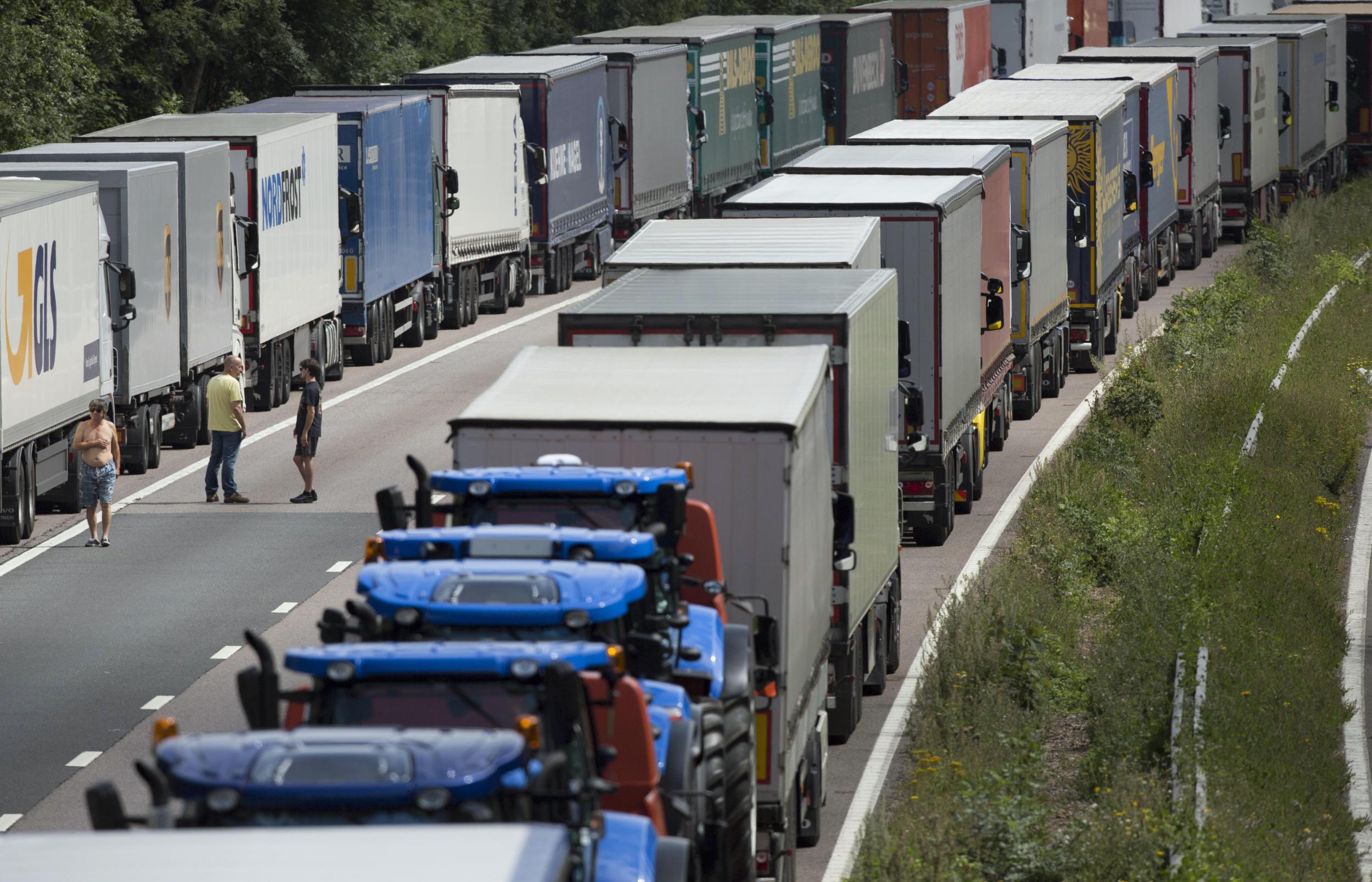UK manufacturers slam Theresa May’s max fac Brexit customs plan
MPs have said technology for max fac option could be in place by 2020

Business group EEF has slammed the government’s ‘max fac’ Brexit plan, which would see the UK leaving the customs union but using technology as a way to avoid a hard border with the EU.
Politicians are exploring two potential post-Brexit customs arrangements: max fac and a more comprehensive customs partnership.
The manufacturers’ trade body, EEF, said the government should abandon any further exploration of the max fac idea. MPs had previously claimed the max fac option could be up and running by 2020 – EEF said this was “naive” and “wholly unrealistic”.
EEF chief executive Stephen Phipson said: “Much of the debate on max fac is misguided. No one doubts the technology exists: it is in place in many locations around the world. The issue is whether it is good enough to provide a frictionless border and can be implemented quickly enough to be ready for December 2020.
“I think that the answer to this is an overwhelming no. It may have some long-term benefits, but suggesting m ax fac is a solution to our immediate problems is a non-starter.”
Mr Phipson highlighted the current situation on the Dover-Calais route, noting: “When the police have to implement Operation Stack to deal with industrial action, there are queues for miles that bring Kent to a standstill. If we had to put every lorry through even a modest customs check the tailbacks would stretch from Dover to London and Calais to Paris.”
He said that while a max fac system is partly in place on the US-Canada border, in reality most small to medium-sized Canadian businesses do not have access to the arrangements, meaning the majority are still subject to the full customs check.
“The Canadian process is particularly efficient and well managed, but the reality is that this is time consuming and at busy times often has long delays. Apply that to Dover and the consequences are horrendous,” warned Mr Phipson.
He added: “We recognise government has a difficult job and it is not for us to tell government what the new arrangements must be – that is a political decision. But that political decision has economic consequences for thousands of British businesses and real financial implications for the millions of people who work for them, and the entire country who rely on their products.
“We have an absolute responsibility to highlight fundamental flaws in one of the options that still remains under serious consideration. I hope that the government now recognises that one of these options is simply not credible.”
A Downing Street spokesman said: “There’s more work to be done in relation to both options, that work is ongoing and we’ll look forward to bringing proposals as soon as possible.”
HMRC has previously warned that the max fac option would be significantly more expensive than a customs partnership, with operating costs potentially running to between £17bn and £20bn.
Subscribe to Independent Premium to bookmark this article
Want to bookmark your favourite articles and stories to read or reference later? Start your Independent Premium subscription today.

Join our commenting forum
Join thought-provoking conversations, follow other Independent readers and see their replies